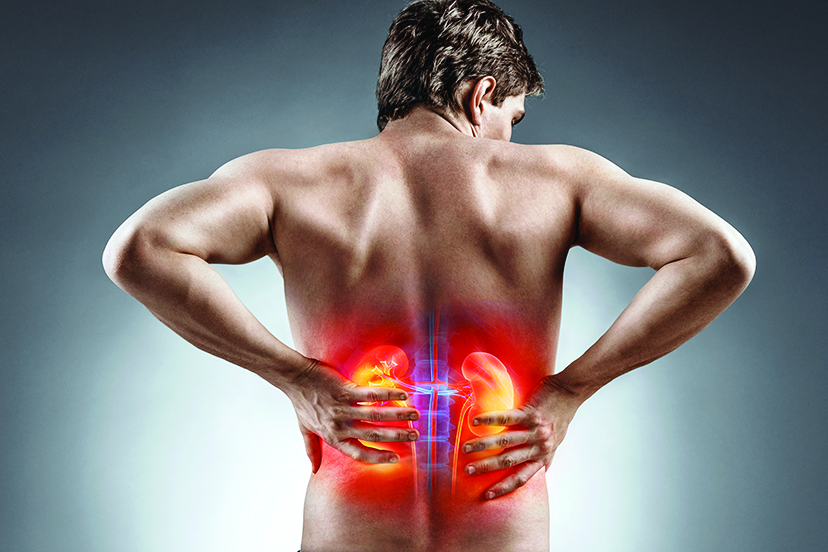Chronic Kidney Disease
Kidney has the important function to filer all the blood, remove wastes, toxins, and excess fluid through your urine. Chronic kidney disease is the condition when kidney function is damaged and cannot work efficiently as they should be. Over time, it can progress to kidney failure and in such cases, dialysis or kidney transplant is needed for survival.
Symptoms
People with chronic kidney disease may not have any symptoms until the disease gets worse or reaches an advance stages, and you may notice the symptoms including:
- More tired, less energy
- Shortness of breath
- Swollen ankles, feet or hands due to retention of fluids
- Nausea
- Foamy urine
- Frequent urination
- Loss of appetite
Risk factors
Diabetes and high blood pressure are the main leading causes of kidney disease. Blood vessels in the kidneys can be damaged from uncontrolled high blood pressure, which affects kidney function in removing wastes and extra fluid from your body. Other factors include cardiovascular disease, smoking, obesity, increasing age, and family history of kidney disease.
Diagnosis
To measure how well kidneys are working, certain blood test called Creatinine and urine tests are normally carried out; high level of Creatinine shows that kidneys are not working properly. An ultrasound or CT scan is also used to assess the damage of the kidneys, allowing the doctor to view the image of the kidneys and urinary tracts whether there are any blockages or tumor present.
Treatment
Treatment of chronic kidney disease aims to slow the progress of the disease by focusing on controlling underlying disease; medications are given to keep blood pressure, blood sugar and cholesterol in an acceptable level. Doctor will also advise you to control your diet, cut back on food in high fat, high salt, limit alcohol consumption and lose weight. When kidney functions less and cannot process waste and fluid removal, the patient needs kidney dialysis or kidney transplant. Many people with end-stage kidney disease must continue dialysis permanently or until receive kidney transplant.
You may find our specialist here at General Medicie Center, Phyathai 2 Hopsital
Phyathai 2 Hospital
International Correspondence Center
Tel: +66-2617-2444 ext 2020 or 2047, Email: onestop@phyathai.com
 @pt2_inter
@pt2_inter
 Phyathai 2 Cambodia
Phyathai 2 Cambodia
 PT2Chinese
PT2Chinese
 phyathai2inter
phyathai2inter
